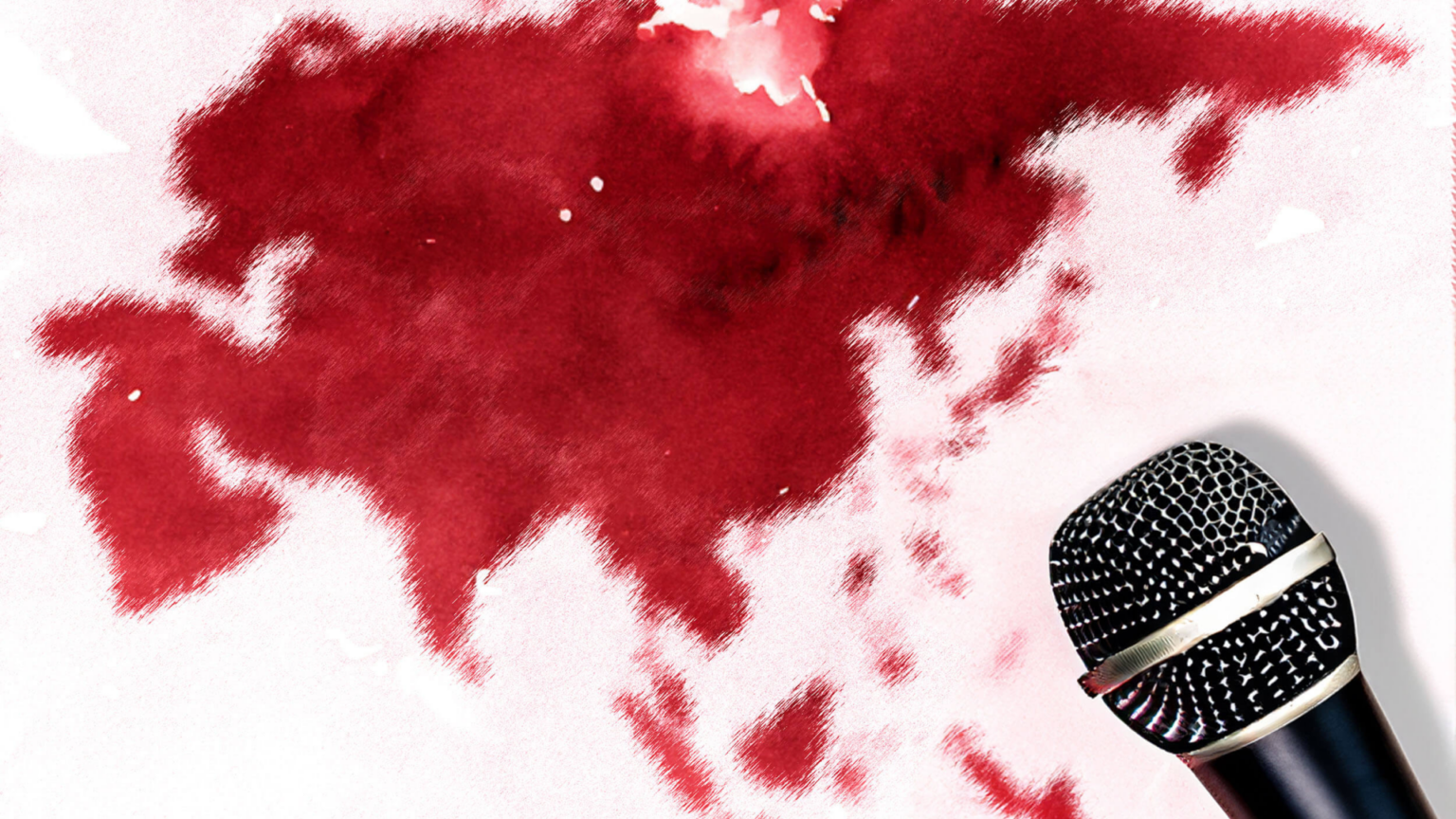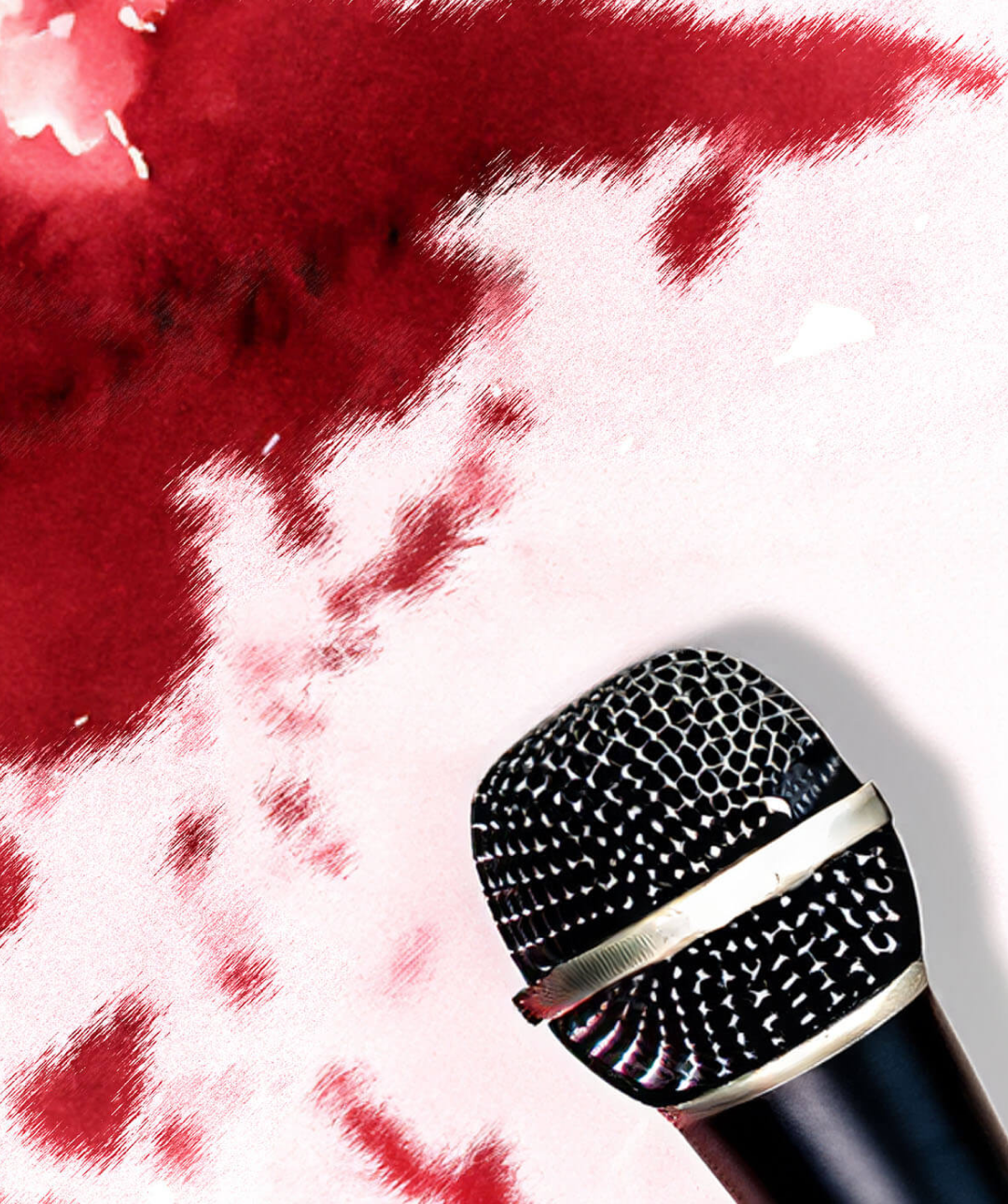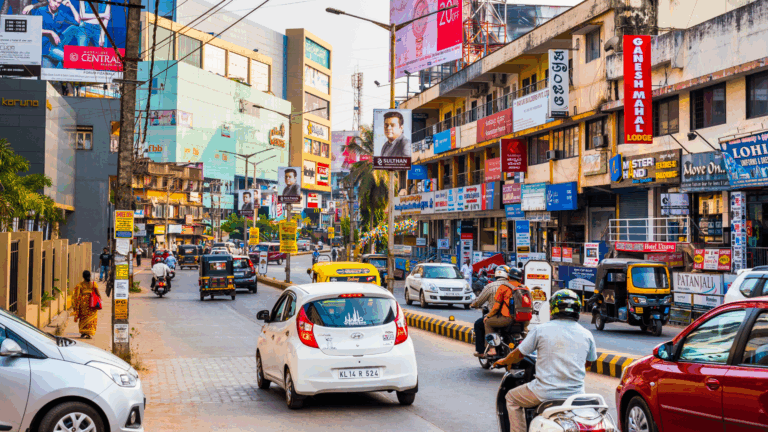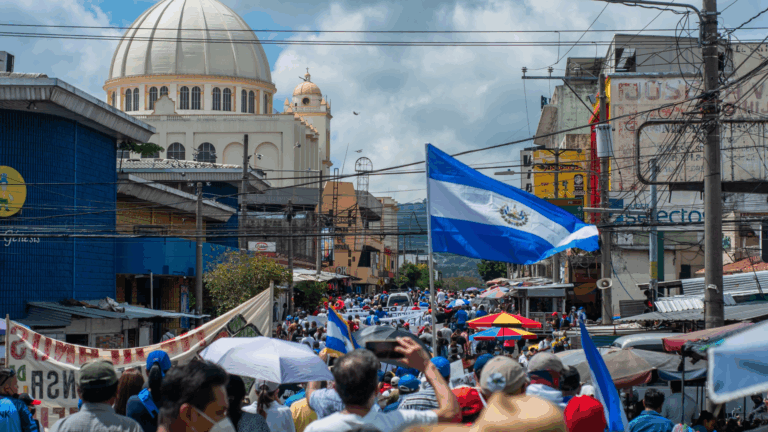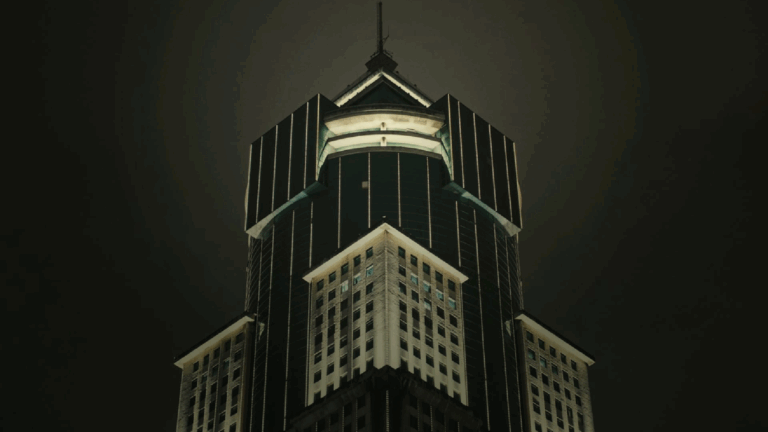In Asia, freedom of the press continues to erode, especially in authoritarian regimes where journalists are often targeted in broad daylight. More and more, journalists are put behind bars or face strategic lawsuits against public participation, otherwise known as SLAPP, for reporting what’s actually happening on the ground. Over the past three years, not only have several independent media outlets had their licenses revoked but autocratic regimes across the region continue using a variety of tactics to prevent journalists from doing their job.
Online Abuse and Trolling
Social media is often used to humiliate, harass, and discredit journalists. Between May 2022 and April 2023, the International Federation of Journalists documented at least 19 online attacks and eight gender-based instances of violence against journalists in South Asia.
In China, the regime uses surveillance and other forms of intimidation to prevent journalists from reporting issues deemed critical of the ruling Chinese Communist Party (CCP). To silence journalists and discredit their work, China has orchestrated a digital repression campaign, largely playing out on Twitter. The Australian Strategic Policy Institute (ASPI) reported hundreds of spurious Twitter accounts — likely linked with the pro-CCP network — created with the sole purpose of targeting Asian female journalists and activists, including those living or working abroad. Female journalists, in particular, experienced constant sexual harassment and misogynistic trolling. They have been accused of being liars, traitors, or betrayers of their homeland.
In Burma, journalists are treated as criminals. “If you are covering human rights violations, [the regime] considers you like an enemy. And also, they consider journalism like committing a crime against the state,” Burmese writer Kyaw Hsan Hlaing told the Human Rights Foundation (HRF). “There are so many online threats journalists face, including through Messenger, Facebook, and also Telegram. I received threats online and also direct phone calls, threatening that I will be arrested. This is after the military coup. That’s why I had to sleep in many locations in Yangon. I had to move to other places.”
Vietnam, one of the most repressive countries in Asia for journalism, implemented stricter online censorship, requiring big tech companies like Facebook and Google to remove articles and videos criticizing the regime. Reporters and citizen journalists using social media often see their accounts blocked or posts removed if they cover issues deemed sensitive by the regime. Moreover, Vietnam established Force 47, a virtual army with thousands of netizens tasked with “defending the ruling party” and attacking dissidents — including activists and journalists.
Jailing of Journalists
Last year, four Asian countries made it on Reporters Without Borders’ Top Five worst jailers of journalists list. Unsurprisingly, China came in first place, Burma second, then Iran, Vietnam, and Belarus. More than half of the world’s imprisoned journalists were held in these five countries.
China, the biggest user of propaganda and systematic repression of the media, was ranked second to last on the World Press Freedom Index, only behind one of its closest allies, North Korea. Last year, the CCP regime imprisoned at least 110 journalists, including Huang Xueqin, who reported on corruption and environmental pollution. Many imprisoned journalists are ethnic Uyghurs from the Uyghur Region. In some cases, Chinese officials held journalists in pretrial detention. For example, Cheng Lei, a former TV anchor with CCP’s state-run channel based in Beijing, CGTN, has been detained for more than two years. To date, Chinese officials have revealed neither the details of the charges against her nor whether she has been sentenced.
In Burma, the regime’s attempt to silence journalists has resulted in an alarming number of arrests of journalists, activists, and public figures. Since the military junta seized power in a coup in February 2021, at least 176 journalists have been arrested and four killed. Many journalists were charged under Section 505(A) of the country’s Penal Code, which criminalizes “causing fear, spreading false news, or agitating directly or indirectly criminal offenses against a Government employee.” The law is vaguely defined and arbitrarily interpreted by the courts.
Like its neighbor, Vietnam uses vague laws to suppress journalists. The regime implemented heavy bans on reporting “sensitive topics,” particularly issues related to human rights, the environment, and democracy. In recent years, many activists and journalists have been charged under Article 117, which criminalizes “making, storing, distributing, or disseminating information, documents, and items against the State,” and Article 331, which prohibits “abusing democratic freedoms to infringe on the interests of the State.” Among those detained was an independent journalist, Do Cong Duong, who reported on corruption-related issues and land seizures by the regime. Duong was charged under Article 331 and was originally sentenced to 48 months in prison, where he suffered from various illnesses. Despite his family’s repeated protests, officials refused to grant him the necessary care and medical assistance. When Duong finally received medical treatment, it was too late. He died in prison last year.
Dictators will stop at nothing to silence the most outspoken critics.


